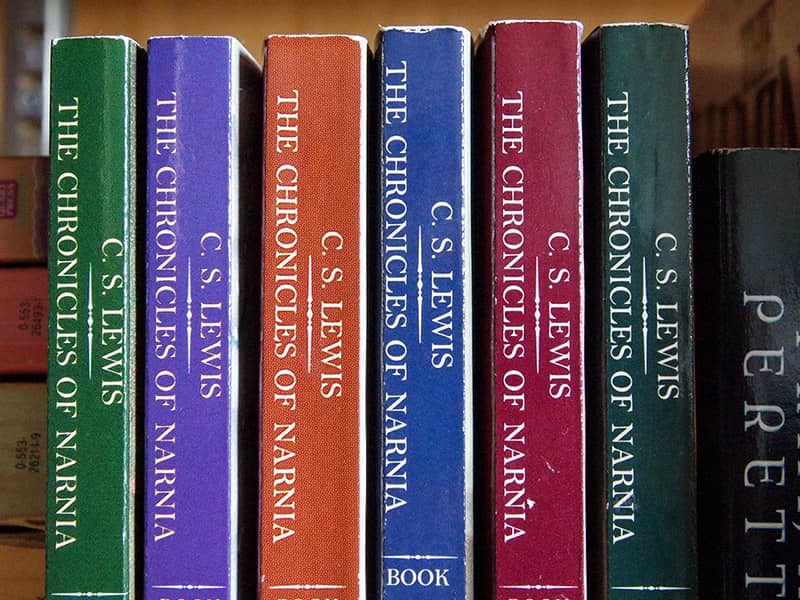King Dhritarashtra said:
In the field of righteousness, the field of Kuru, tell me, Sanjaya, what
happened when my army and the Pandavas faced each other, eager for battle?
The poet Sanjaya said:
Seeing the ranks of the Pandavas' forces, Prince Duryodhana approached his
teacher, Drona, and spoke these words: "Look at this great army, led by the
son of Drupada, your worthy pupil. Many great warriors stand ready to do
battle, many great archers, men as formidable as Bhima and Arjuna:
Yuyudhana, Virata, the mighty Drupada, Dhrishtaketu, Chekitana, the heroic
king of Benares, Purujit, Kuntibhoja, Shaibya that bull among men, bold
Yudhamanyu, Uttamaujas famous for his courage, the son of Subhadra, and the
sons of Draupadi, all of them great warriors. Now, most honored of priests,
look at the great men on our side, the leaders of my army: you, first of
all, then Bhishma, Karna, the always-victorious Kripa, Ashvatthama, Vikarna,
the son of Somadatta, and many other heroes--all of them skilled in war and
armed with many kinds of weapons--who are risking their lives for my sake.
Limitless is this army of ours, led by Bhishma; but their army, led by
Bhima, is limited. Wherever the battle moves, all of you must stand firm and
make sure that Bhishma is well protected."
Then Bhishma, the aged grandfather of the Kurus, roared his lion's roar and
blew a powerful blast on his conch horn, and Duryodhana's heart leapt with
joy. Immediately all the conches blared, and the kettledrums, cymbals,
trumpets, and drums: a deafening clamor. Standing in their great chariot
yoked with white horses, Krishna and Arjuna blew their celestial conches:
Krishna blew the conch called "Won from the Demon Panchajanya"; Arjuna blew
"God Given"; ferocious, wolf-bellied Bhima blew the mighty conch called
"King Paundra"; Prince Yudhishthira blew "Unending Victory"; Nakula and his
twin, Sahadeva, blew "Great Noise" and "Jewel Bracelet"; the king of Benares
that superb archer, the great warrior Shikhandi, Dhrishtadyumna, Virata, the
unconquerable Satyaki, Drupada, Draupadi's sons, the huge-armed
Abhimanyu--all of them, O King, blew their conches at once. The uproar tore
through the hearts of Dhritarashtra's men and echoed throughout heaven and
earth.
Then Arjuna, looking at the battle ranks of Dhritarashtra's men, raised his
bow as the weapons were about to clash, and said to Krishna, "Drive my
chariot and stop between the two armies, so that I can see these warriors
whom I am about to fight, drawn up and eager for battle. I want to look at
the men gathered here ready to do battle service for Dhritarashtra's
evil-minded son."
After Arjuna had spoken, Krishna drove the splendid chariot and brought it to
a halt midway between the two armies. Facing Bhishma, Drona, and the other
great kings, he said: "Look, Arjuna. From here you can see all the Kurus who
are gathered to do battle."
Arjuna saw them standing there: fathers, grandfathers, teachers, uncles,
brothers, sons, grandsons, fathers-in-law, and friends, kinsmen on both
sides, each side arrayed against the other. In despair, overwhelmed with
pity, he said: "As I see my own kinsmen, gathered here, eager to fight, my
legs weaken, my mouth dries, my body trembles, my hair stands on end, my
skin burns, the bow Gandiva drops from my hand, I am beside myself, my mind
reels. I see evil omens, Krishna; no good can come from killing my own
kinsmen in battle. I have no desire for victory or for the pleasures of
kingship. What good is kingship, or happiness, or life itself, when those
for whose sake we desire them--teachers, fathers, sons, grandfathers,
uncles, fathers-in-law, grandsons, brothers-in-law, and other kinsmen--stand
here in battle ranks, ready to give up their fortunes and their lives?
Though they want to kill me, I have no desire to kill them, not even for the
kingship of the three worlds, let alone for that of the earth. What joy
would we have in killing Dhritarashtra's men? Evil will cling to us if we
kill them, even though they are the aggressors. And it would be unworthy of
us to kill our own kinsmen. How could we be happy if we did? Because their
minds are overpowered by greed, they see no harm in destroying the family,
no crime in treachery to friends. But we should know better, Krishna:
clearly seeing the harm caused by the destruction of the family, we should
turn back from this evil. When the family is destroyed, the ancient laws of
family duty cease; when law ceases, lawlessness overwhelms the family; when
lawlessness overwhelms the women of the family, they become corrupted; when
women are corrupted, the intermixture of castes is the inevitable result.
Intermixture of castes drags down to hell both those who destroy the family
and the family itself; the spirits of the ancestors fall, deprived of their
offerings of rice and water. Such are the evils caused by those who destroy
the family: because of the intermixture of castes, caste duties are
obliterated and the permanent duties of the family as well. We have often
heard, Krishna, that men whose family duties have been obliterated must live
in hell forever. Alas! We are about to commit a great evil by killing our
own kinsmen, because of our greed for the pleasures of kingship. It would be
better if Dhritarashtra's men killed me in battle, unarmed and unresisting."
Having spoken these words, Arjuna sank down into the chariot and dropped his
arrows and bow, his mind heavy with grief.
2017-07-12
2017-07-12
Beliefnet Editor
more from beliefnet and our partners

